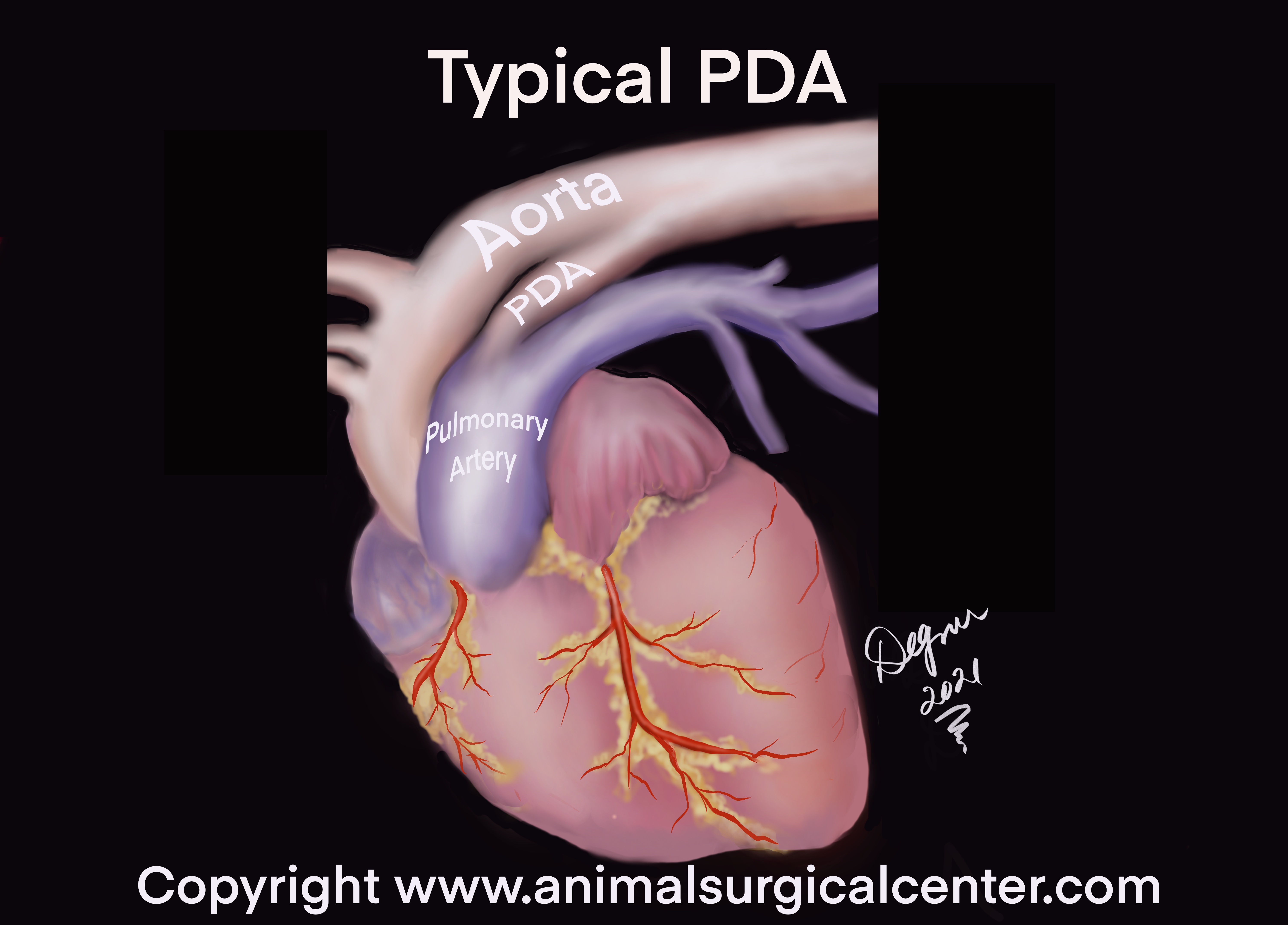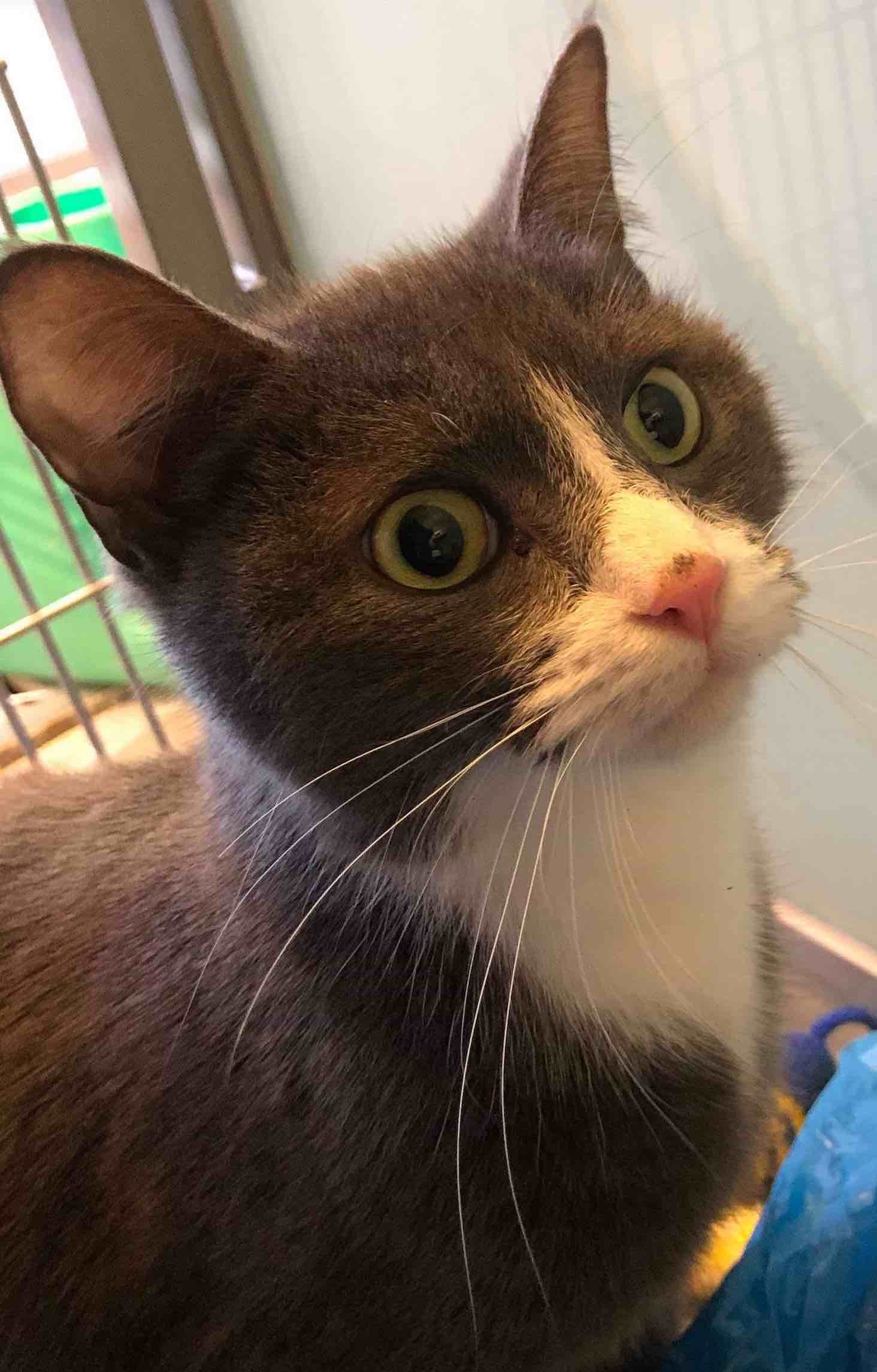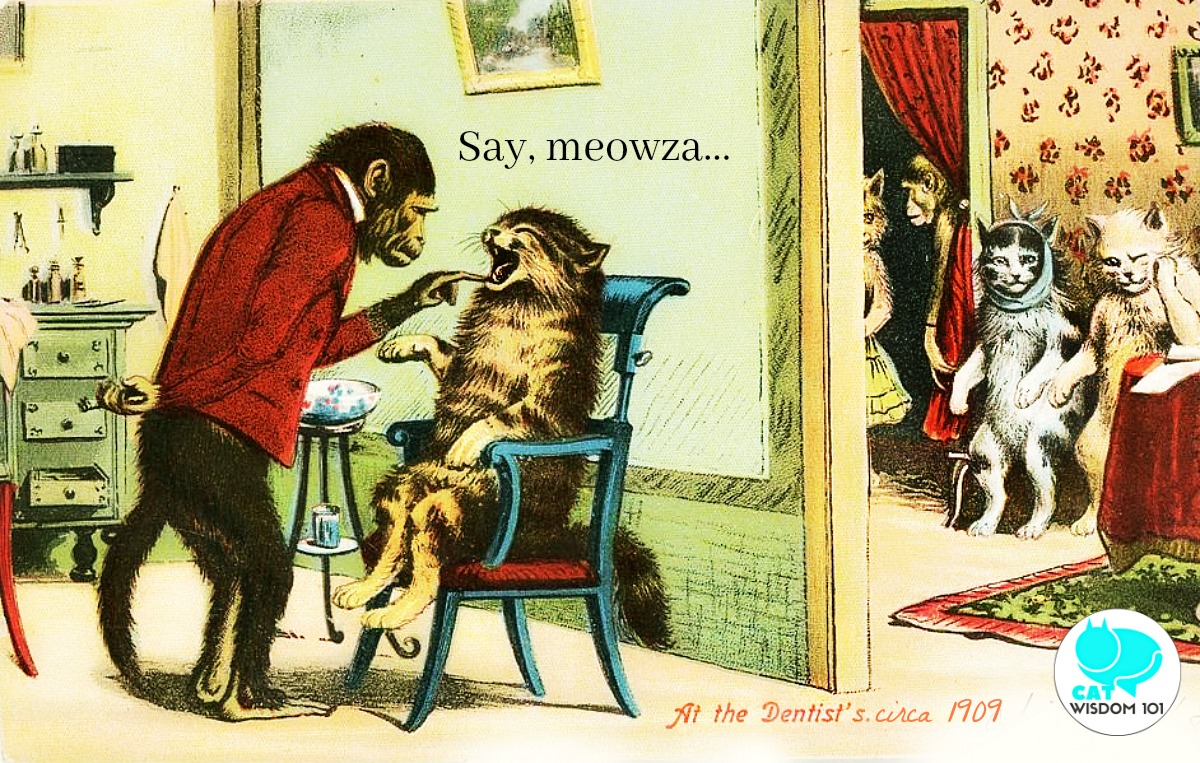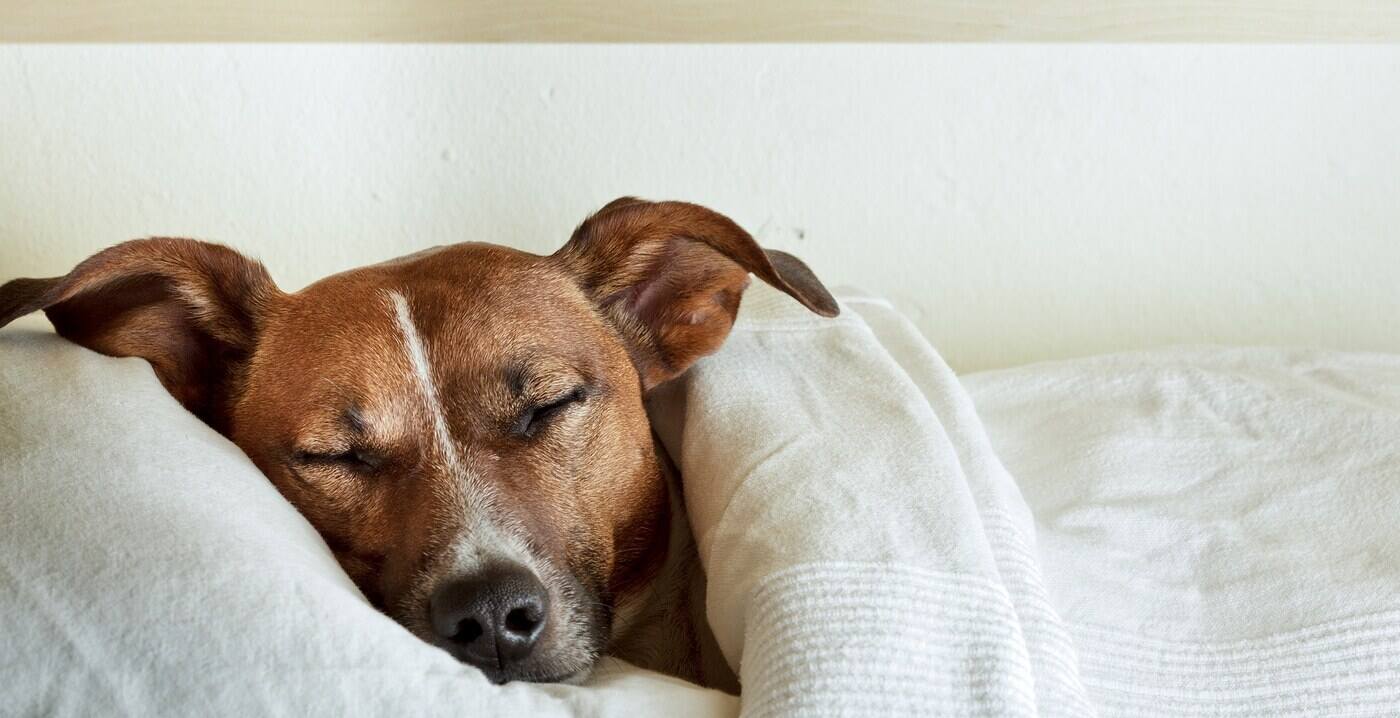Heart Murmur In Cats And Anesthesia

There are usually no external symptoms clinical signs of a heart murmur in itself.
Heart murmur in cats and anesthesia. A heart murmur is an abnormal sound heard when listening to the heart with a stethoscope. For induction of anesthesia propofol is one of the safest methods. More if there is more complication.
Any dog or cat with a murmur especially one that is suddenly detected meaning on his last exam it was not there but on this exam it is there or a pet that may be undergoing anesthesia. On the other hand heart murmur in cats and surgery expenses go anywhere from 800 to 1500. The type of surgical procedure will depend on the exact nature of the disease.
Etomidate Etomidate is a short-acting hypnotic anesthetic that produces its anesthetic action through binding and positive modulation of GABA A receptors in the CNS. None of those methods have pain-relieving properties so a separate pain reliever like Buprenex is a must. Prevalence of cardiomyopathy in apparently healthy cats.
Anesthesia paired with any cardiological condition poses a serious risk and many veterinarians will refuse to perform the operation entirely if they suspect a murmur. But sometimes the position cats are standing in when we listen can affect the sounds we hear. Heart murmurs are graded 1-6 with 1 being of the least concern and 6 being of the most concern.
This type of murmur is benign not harmful. Anesthetic events known medical conditions and previous ad-verse drug responses. The murmur may first appear at 6-8 weeks of age and a kitten with an innocent heart murmur will usually outgrow it by about 4-5 months of age.
The murmur may first appear at 6-8 weeks of age and a kitten with an innocent heart murmur will usually outgrow it by about 4-5 months of age. The prognosis depends on the cause of the heart murmur. A veterinarian cannot tell the cause of the heart murmur just by listening to the heart.

















